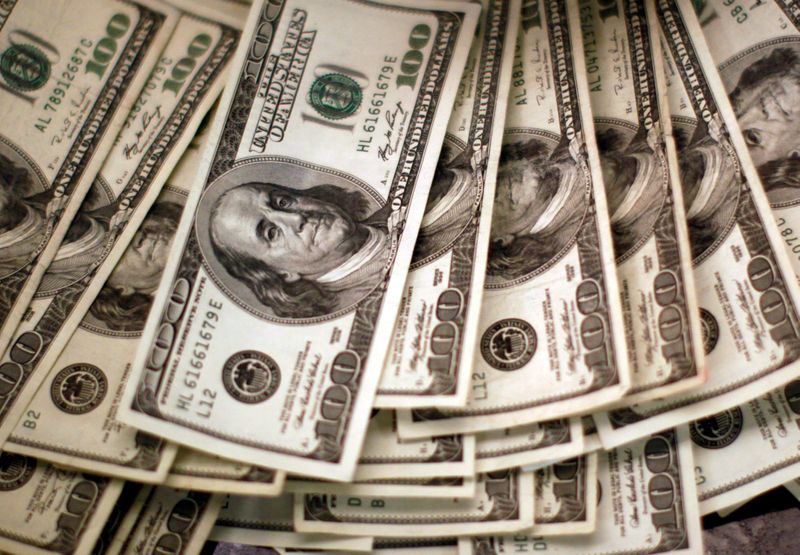By Administrator_India
The dollar was down on Tuesday morning in Asia, as the U.S. presidential debate and developments on the latest U.S. stimulus measures continue to remain in the spotlight.
The U.S. Dollar Index that tracks the greenback against a basket of other currencies inched down 0.03% to 94.278 by 10:23 PM ET (2:23 AM GMT), slipping from the two-month high seen during the previous week.
With November’s presidential election drawing closer, investors are focusing on the debate between President Donald Trump and Democrat candidate Joe Biden, due to take place later in the day.
“If the debate puts Trump on the back foot and Biden keeps his lead, I think it could lead people to let go of their dollars,” Mizuho Bank chief market economist Daisuke Karakama told Reuters.
“The dollar market has been broadly bottoming out from low prices since mid-September. The question is what the trend in October would be,” Karakama said, adding that investors are also keeping a close eye on stimulus measure developments.
On that front, House of Representatives Speaker Nancy Pelosi said on Monday that Democratic lawmakers would unveil a new $2.2 trillion COVID-19 relief bill, with the package’s price tag reduced as a compromise measure.
The U.S. will also release economic data throughout the week, starting with September’s Conference Board (CB) consumer confidence index later in the day, the Institute of Supply Management (ISM) Manufacturing Purchasing Managers Index (PMI) on Thursday, and jobs data on Friday. Investors will be looking at the data to gauge the health of the world’s largest economy.
The USD/JPY pair inched up 0.02% to 105.52.
The AUD/USD pair edged up 0.19% to 0.7084 and the NZD/USD pair edged up 0.20% to 0.6565.
The USD/CNY pair edged up 0.19% to 6.8235. China will also release economic data, including the manufacturing and non-manufacturing Purchasing Managers Indexes (PMIs) as well as the Caixin manufacturing PMI, on Wednesday.
The GBP/USD pair edged up 0.14% to 1.2845. The pound extended gains from the previous session as the European Union (EU) and the U.K. begin a week-long round of talks. Although both parties cautioned that a post-Brexit agreement could take time to reach, European Commission chief Ursula von der Leyen was hopeful that a deal could still be possible.




